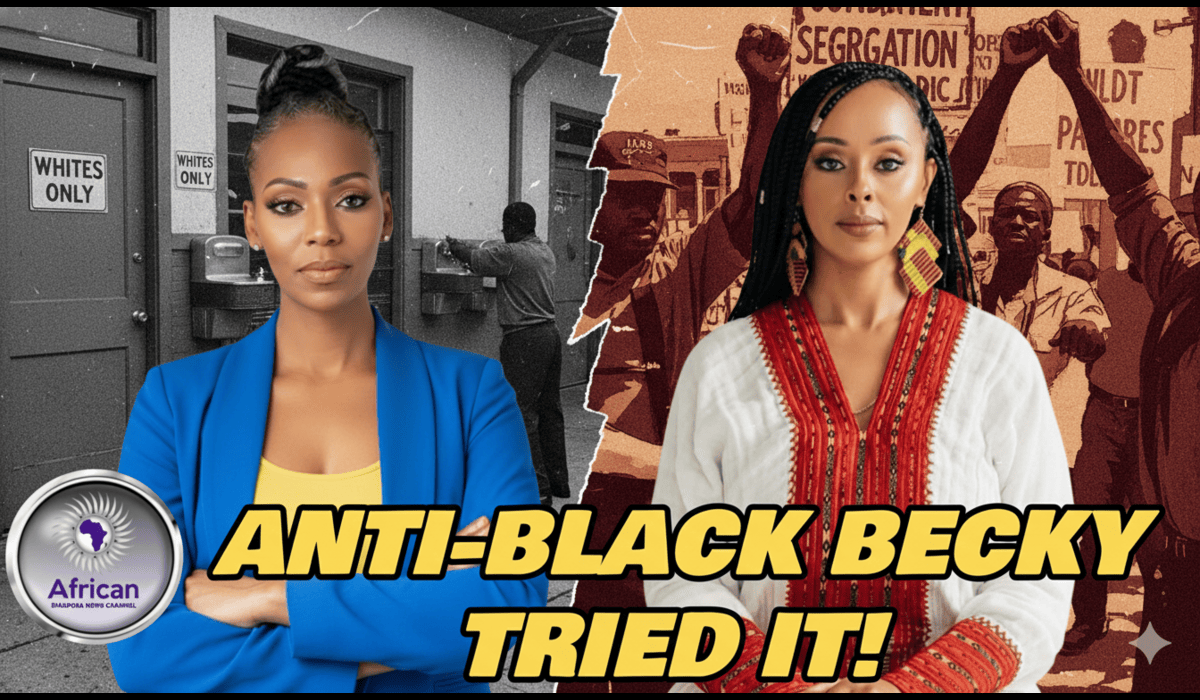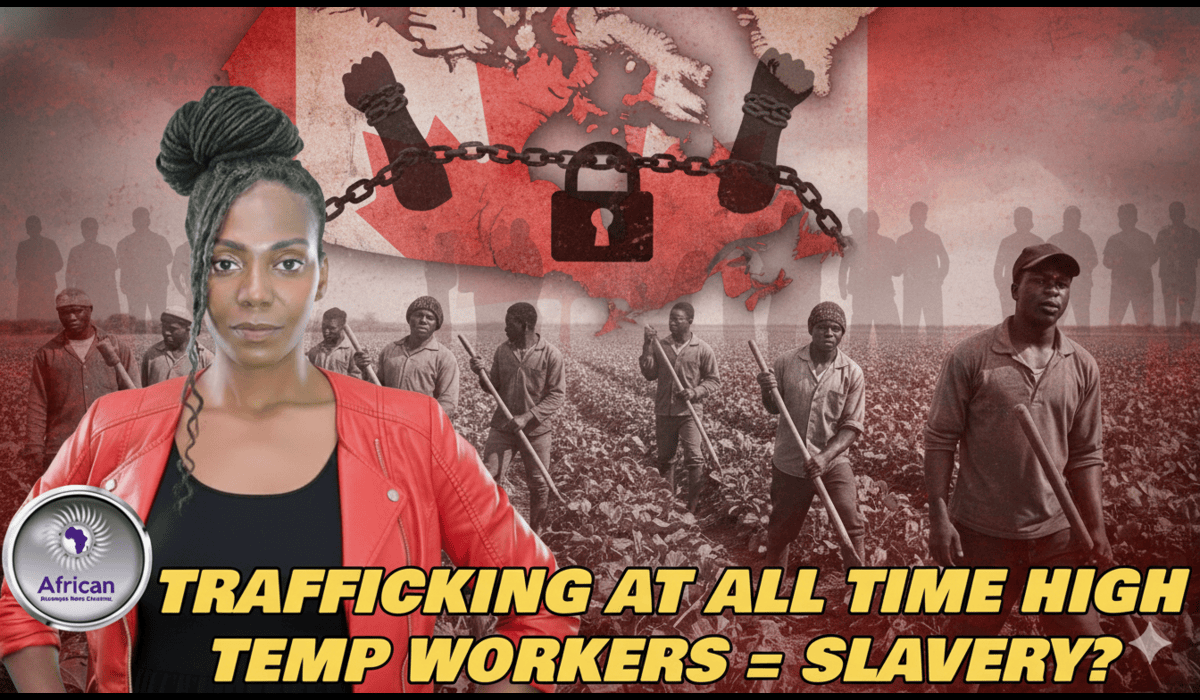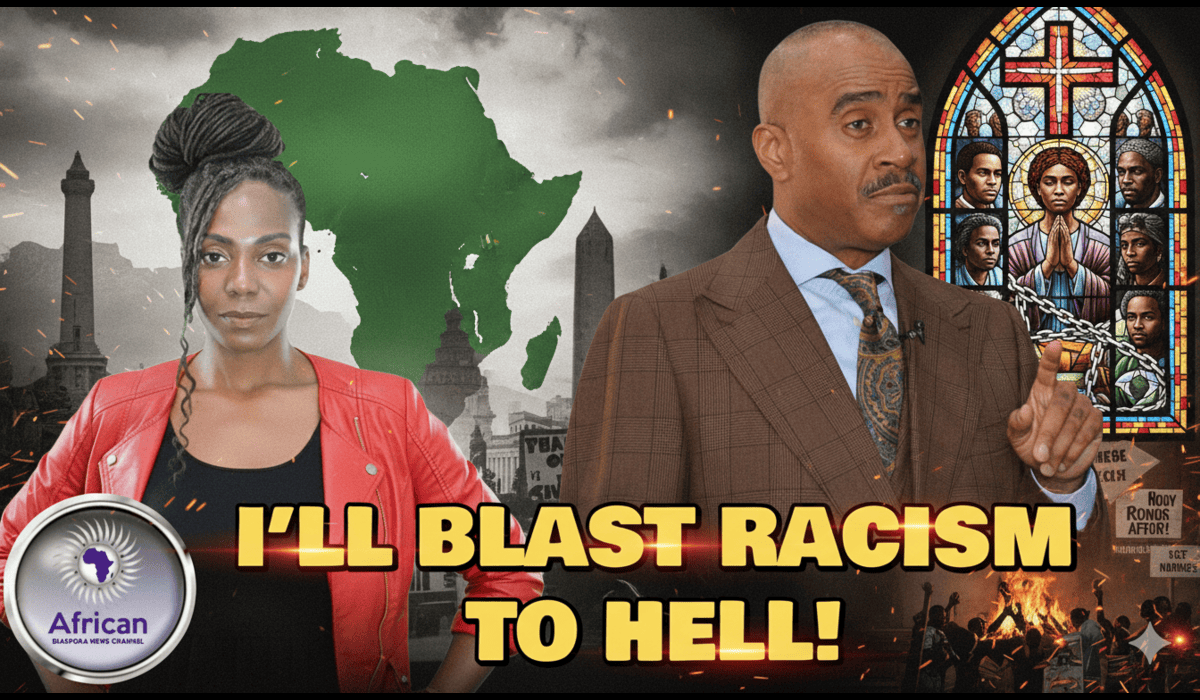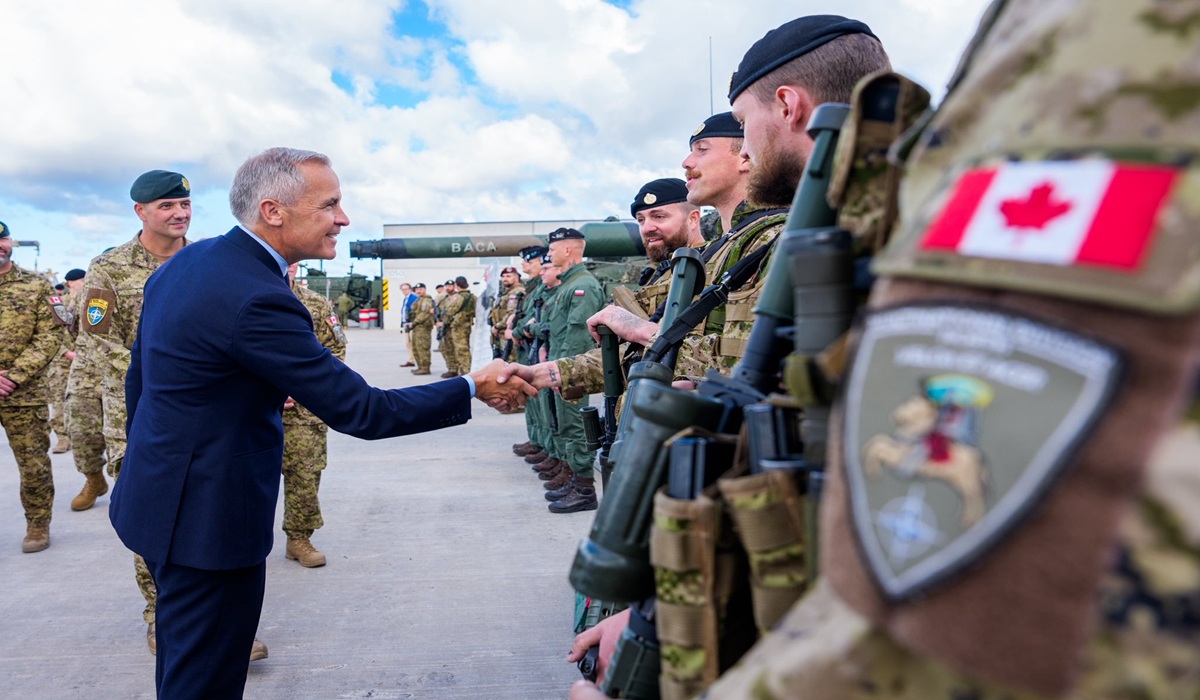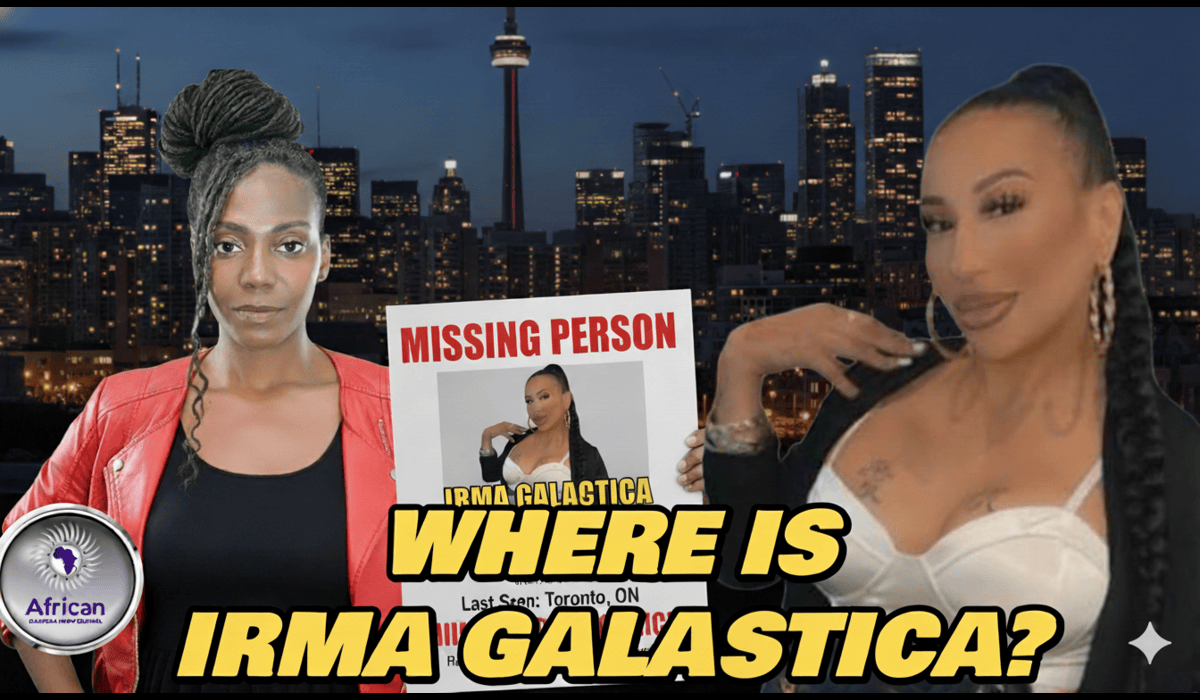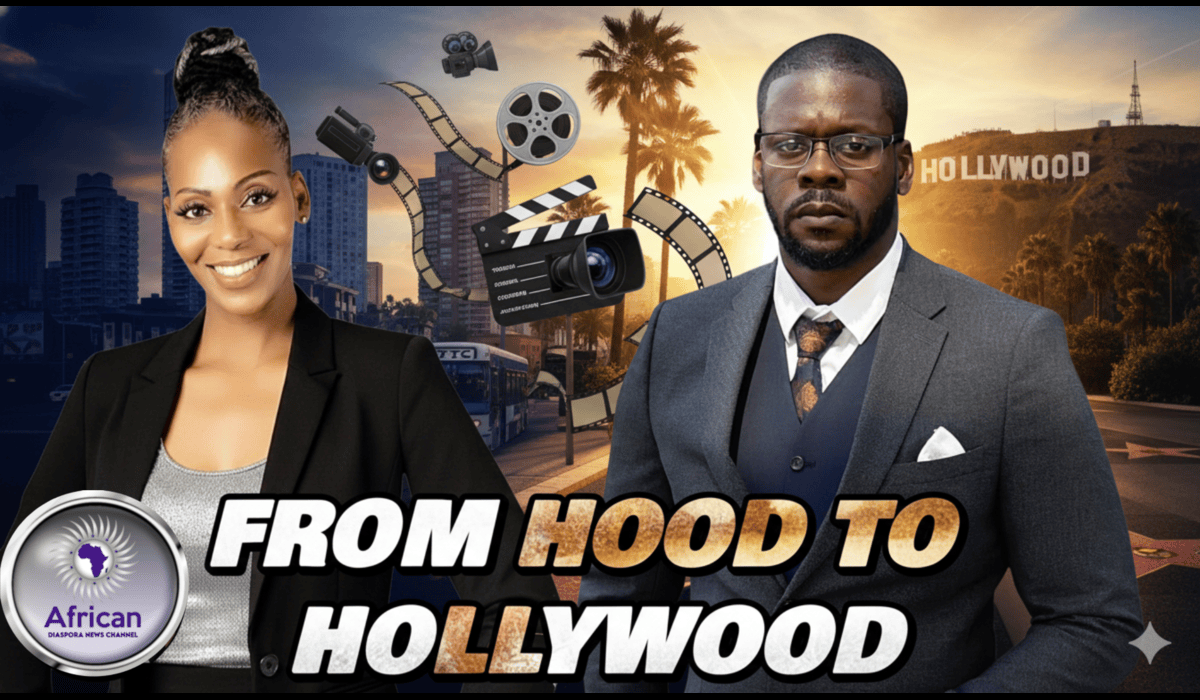Black Canadian Filmmaker Troy Crossfield Gets Real About Men’s Mental Health and Healing the Brotherhood
- Emma Ansah
- Canada
- June 14, 2025
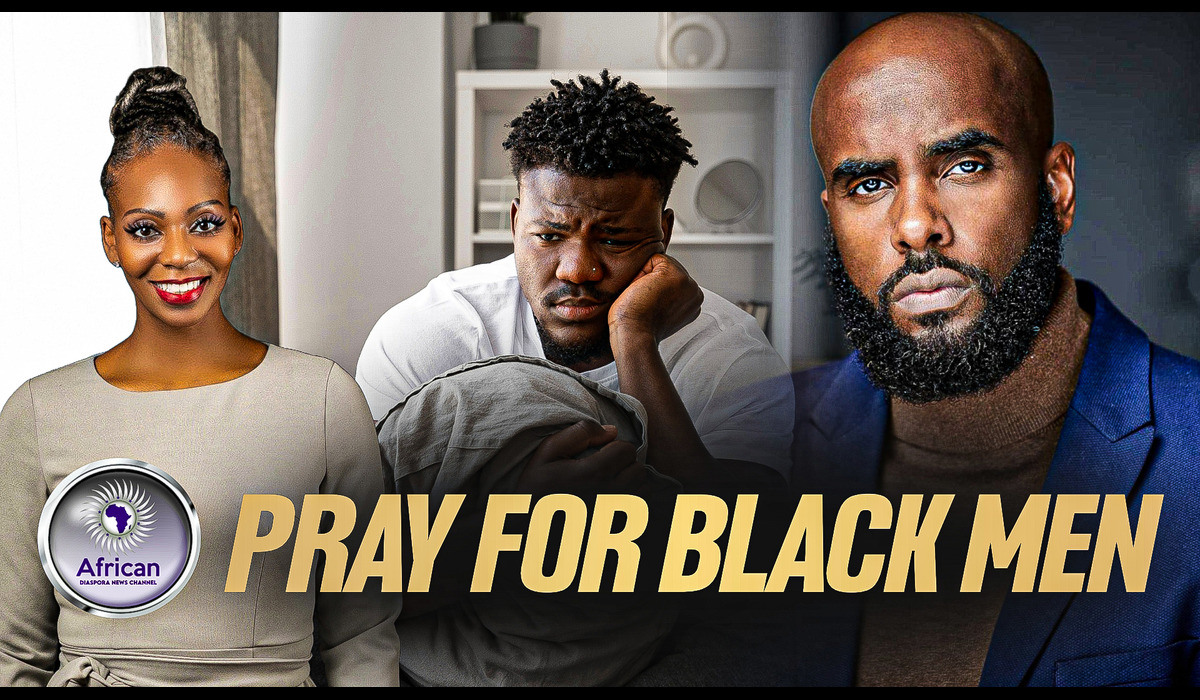
In a world that tells Black men to “man up” but never asks how they’re really doing, Black Canadian filmmaker Troy Crossfield is breaking the silence—and doing it with heart, honesty, and zero shame.
Troy sat down to unpack some of the most pressing, yet often ignored, conversations in our community: men’s mental health, childhood trauma, the emotional weight Black men carry, and what real healing and support could look like if we actually gave Black men the space to breathe.
And let’s be clear—he didn’t come with vague Instagram platitudes or a “protect Black men” slogan with no follow-through. Crossfield dug deep, speaking not just as a filmmaker or creative, but as a father, son, and brother who’s lived it.
“
? Creating Art That Heals
Troy Crossfield’s work behind the camera is rooted in healing through storytelling. Whether it’s theatre, short films, or full-length features, he uses his platform to hold a mirror up to the community, especially when it comes to how we raise our boys—and how we fail them.
He talked candidly about how unresolved childhood wounds show up in adulthood: the fathers who weren’t there, the mothers who didn’t know how to support them emotionally, the teachers who punished them instead of understanding them.
“We need more safe spaces where Black men can talk without being judged or seen as weak,” Troy said. “Because when we heal, we father better. We partner better. We live longer.”
And he’s not wrong. Black men are disproportionately impacted by untreated mental health issues—many go undiagnosed until it’s too late. Anxiety and depression don’t look the same when it’s wrapped in a fitted cap and generational pressure.
? Mental Health Isn’t Soft. It’s Survival.
Crossfield’s conversation wasn’t about pity—it was about accountability, vulnerability, and responsibility. He’s calling out the community to stop expecting men to be emotionally bulletproof while ignoring the wounds they’ve been carrying since childhood.
And he’s asking Black men to show up for themselves and each other.
“We have to talk to each other. We can’t just dap each other up and not check in. We need to create circles, mentorships, prayer groups—whatever it takes.”
Troy didn’t just talk the talk—he’s living it. He mentors young men in the community. He builds spaces for storytelling. He’s intentional about how he fathers his own children. And he’s making sure his art reflects the complexity, beauty, and pain of Black male identity.
?? Prayer, Protection, and Real Support
Before the conversation wrapped, Crossfield made one final plea—to Black women, to parents, to elders:
“Pray for your Black men. Speak life into them. Don’t wait until they’re broken to show love. If you want us to lead, pour into us. Be patient with us while we unlearn what’s hurt us.”
This is the energy we need more of in the Diaspora. Not just hustle culture and “strong Black man” stereotypes, but actual healing—emotional, spiritual, mental.
Troy Crossfield is not just a filmmaker. He’s a vessel for generational healing.
Let’s not just clap for it—let’s act on it.
Watch the Report: https://www.youtube.com/live/YXzuEoPKR0w?si=cs1kXcdPgEmA_tHz


